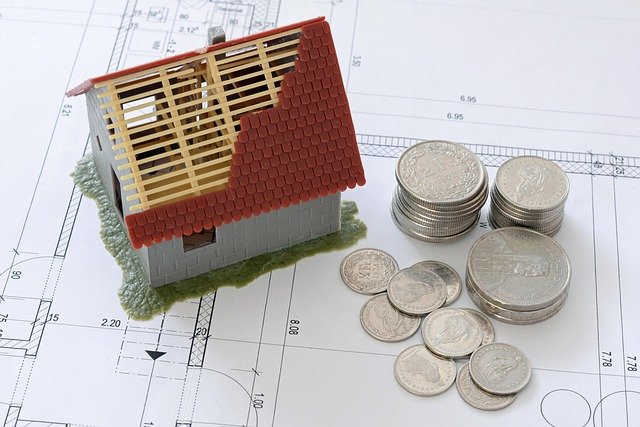Rising To The Occasion: How Real Estate Can Weather Economic Downturns
The real estate market is a dynamic entity, constantly pivoting and adapting to the fluctuations of the global economy. While many sectors may take a hit during economic downturns, real estate has shown a remarkable resilience. This resilience is due in part to the unique characteristics of real estate properties and the investment strategies employed by savvy investors. Let's delve into how the real estate market manages to stay afloat during these challenging periods, and the lessons investors can glean from such market behaviors.

A Resilient History: Real Estate During Economic Downturns
The real estate market has a long history of enduring economic downturns. During the Great Depression, for example, while many industries collapsed, real estate managed to weather the storm. This was largely due to the fact that people always need a place to live, and real estate assets are tangible and stable.
In recent times, the 2008 financial crisis served as a stress test for the real estate sector. Despite the initial hit, the market rebounded and has grown steadily since. This resilience is a testament to the strength and durability of real estate as an asset class.
Current Market Trends: A Shift Towards Resilience
As the world grapples with the ongoing Covid-19 pandemic, the real estate market has shown signs of resilience once again. While there has been a slowdown in some segments, such as commercial real estate, others like residential and industrial properties have held steady or even grown.
This trend can be attributed to several factors. Firstly, the low-interest-rate environment has made mortgages more affordable, boosting the residential real estate market. Secondly, the rise of e-commerce and remote work has led to an increased demand for industrial and residential properties respectively.
Adapting Investment Strategies for Resilience
Investing in real estate during an economic downturn requires a carefully crafted strategy. Investors must consider factors like property type, location, and market trends before making a purchase.
For instance, residential properties in areas with strong job markets may be more resilient during downturns. Similarly, industrial properties that cater to the growing e-commerce sector could prove to be lucrative investments.
The Impact on Buyers, Sellers, and Investors
Economic downturns can create both challenges and opportunities for buyers, sellers, and investors. For buyers, low-interest rates and decreased competition can make it an ideal time to purchase properties. Sellers, on the other hand, may need to adjust their expectations and be prepared for longer selling periods.
For investors, downturns can offer a chance to purchase properties at lower prices and yield higher returns in the long run. However, they must also be prepared for potential risks and ensure they have sufficient capital to weather any short-term losses.
A Balance of Depth and Accessibility
Understanding the resilience of the real estate market during economic downturns can seem complex. However, by breaking down the historical context, current market trends, and investment strategies, we can gain a clearer picture of how the sector operates in challenging times.
The key takeaway is that real estate, due to its tangible nature and constant demand, has a unique ability to endure and even thrive during economic downturns. Armed with this knowledge, buyers, sellers, and investors can navigate the market with increased confidence and resilience.




